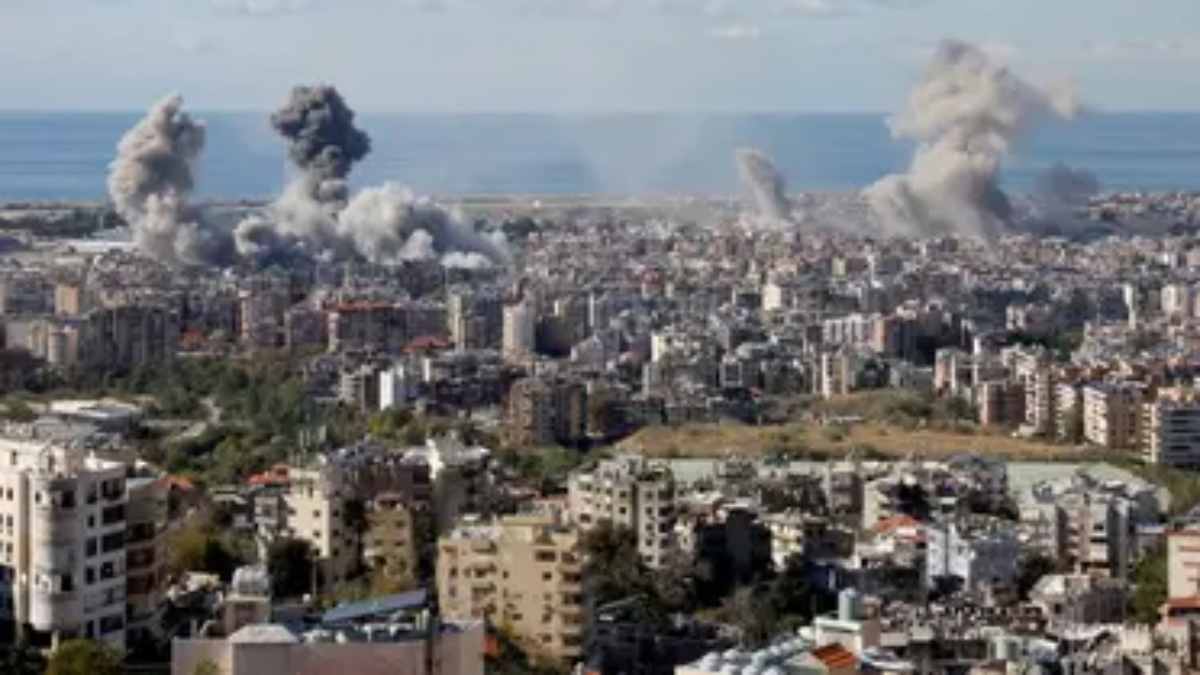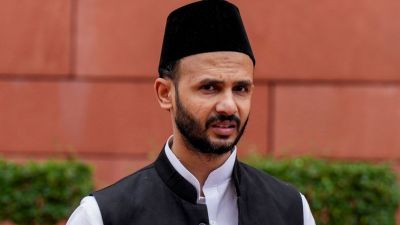Will the Middle East have a permanent or at least a long-time peace after the Israel-Hezbollah ceasefire?
Will the warring sides implement the US-brokered deal in letter and spirit, or will they use the period of peace to consolidate their positions and attack the enemy at the opportune moment?
How will it impact the Palestinian cause? Will Tel Aviv accept the UN resolution on the partition of the area in a true sense or implement even the Oslo Accord?
According to the ceasefire signed between the two sides, Israel and Hezbollah will pull out their troops and fighters, arms and ammunition from the Blue Line, the unofficial border between Israel and Lebanon and the Litani River, about 30 kilometres to the north.
The deal also clarified that the Lebanese Army would send its 5,000 soldiers to the south. However, analysts believe the army is so weak that it may be unable to stop Hezbollah.
According to the ceasefire agreement, the US and France will monitor the implementation of the deal. Tel Aviv has said that it reserves the right to intervene and hit back at the Shiite militant group if attacked. Both sides have accused each other of violating the earlier ceasefire.
However, the most important question is: will it help establish permanent peace in the region? Political analysts believe, forget about permanent peace, even a long time peace may not be there in the Middle East. Rather than making the peace permanent, both sides may use this opportunity to consolidate their position and grab the first opportunity to attack the enemy.
More than 3,500 people were killed, mostly Hezbollah fighters, local commanders and some of its top leaders, including Hassan Nasrallah. Besides, its infrastructure was dismantled, the communication network was destroyed and most of the arms and ammunition were made ineffective and ruined. Though the Shiite militant group is likely to regroup itself, it may take years and it may not be as strong and effective as it was before the war began.
The main problem is the basic philosophy of Hezbollah, which does not accept the existence of Israel and vows to eradicate it from the map of the world. It cannot relinquish this premise or get off the baggage of Palestine.
The political analysts believe, the Shiite militant group may maintain a low profile and lie down for some time for strategic reasons after losing men, machines and economic muscles. It may use the peaceful period to collect funds, get weapons and recruit the cadres and target the Jewish state at the first opportunity it get to make its presence felt.
Analysts believe it is difficult to predict when it may happen, but there is no question on its possibilities.
The other important point is the root cause of the conflict- resolution of the Palestine question. Soon after the UN approved the resolution of partitioning Palestine in 1948, both Jews and Muslims rejected it, the militant organisations of both sides attacked their rivals, which led to killings and large-scale exodus, including ‘Nakbah’, when about seven million Muslims fled their homes and took refuge in neighbouring countries like Lebanon, Jordan, Egypt, Syria and others.
Later, there were the ‘Six Day War’ and the ‘Yom Kippur War,’ in which Israel captured areas like East Jerusalem, Gaza, West Bank, Golan Heights, Sinai, and Beqaa Valley. Tel Aviv has vacated areas like Sinai, the Golan Heights and the Beqaa Valley. However, it still holds control of much of the areas that were not in the original UN partition plan.
Political analysts believe the Jewish nation will never vacate the areas under its control, Hamas will never recognise it and Hezbollah will never relinquish the Palestinian cause. The root cause will continue and so will persist the opposition and the struggles. The warring sides may stop it to take a breath and hit back at the enemy with vigour.
Permanent peace may elude the Middle East once again.












